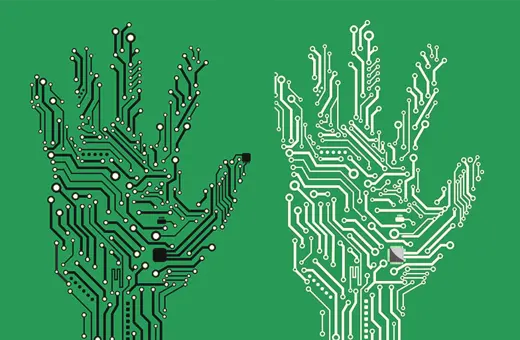On the surface, Facebook is about as far removed from the Catholic Church as physically possible. But, perhaps by thinking of religions like platform businesses, we can get to the heart of how religions work, why they do what they do, and that the adage ‘if the product is free, you’re the product’ is just as applicable to religions as it is to YouTube. Paul Seabright argues that thinking of religions like an economist can discover valuable new insights into The Divine Economy.
Religion seems like an odd subject for the economist. After all, religion deals with gods and demons, the passage of the mortal soul and the moral laws that construct our reality. But why is any one religion the way it is? Why do they have rituals? And how do they inspire loyalty? One way to approach these questions is to investigate how religions respond to the social and material environment they share with other institutions.
When I began studying religion as a social scientist one of my motivations was to understand what kind of psychological phenomenon religiosity might be. I once envisaged studying religion from the inside out, beginning with religiosity and concluding with the different institutions that allow it to be expressed, thereby answering questions like “Why would religiosity lead one to do this or believe that?" Now I find it more instructive to begin from the outside, documenting the richness of religious institutions and then zooming in to understand the many ways in which they solicit the psychology of those who take part in them.
___
An advantage of being an economist is that one needn’t be ideologically inclined to see businesses as boring, soul-destroying, or run by people who are only interested in profit
___
This is not a novel insight. In his (aptly titled) Varieties of Religious Experience, William James wrote that “There is religious fear, religious love, religious joy and so forth. But religious love is only man’s natural emotion of love directed to a religious object; religious fear is only the ordinary fear of commerce, so to speak, the common quaking of the human breast in so far as the notion of divine retribution may arouse it; religious awe is the same organic thrill we feel in a forest at twilight or a mountain gorge; only this time it comes over us at the thought of our supernatural relations”.
We can now examine religion from James’s pluralistic perspective with a vastly greater range of social scientific tools than were at James’s disposal at the beginning of the 20th century. An advantage of being an economist is that one needn’t be ideologically inclined to see businesses as boring, soul-destroying, or run by people who are only interested in profit. As I write in The Divine Economy, “Religions are, after all, businesses….Like most businesses, they are many other things as well—they’re communities, objects of inspiration or anxiety to observers from outside, cradles of ambition and frustration to their recruits, theatres of fulfilment or despair to those who invest their lives or their savings within them. But they are legitimate businesses—a fact that should give pause to some of their detractors, but also empower those (their supporters as well as their critics) who believe they should be accountable to society as other businesses are.”






















Join the conversation